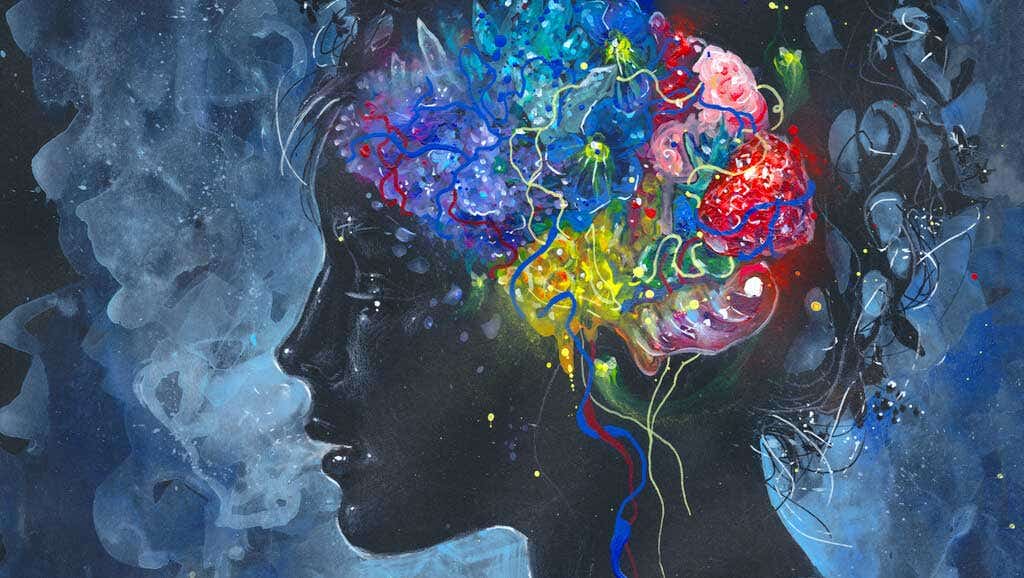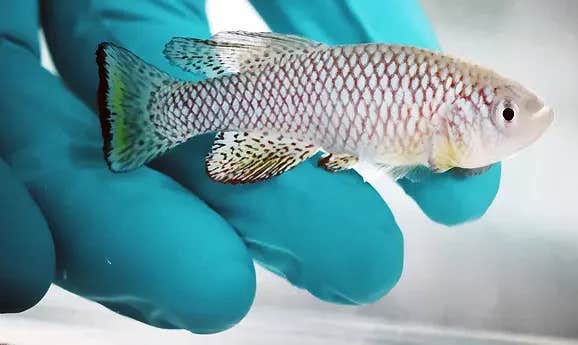Magic mushrooms could help depression, addiction and more, study finds
A recent review has brought the therapeutic potential of psilocybin — the active chemical ingredient in psychedelic mushrooms into the light

[Aug. 27, 2023: Staff Writer, The Brighter Side of News]
A recent review has brought the therapeutic potential of psilocybin — the active chemical ingredient in psychedelic mushrooms — into the limelight. (CREDIT: Creative Commons)
A recent review has brought the therapeutic potential of psilocybin — the active chemical ingredient in psychedelic mushrooms — into the limelight. The compound, present in over 200 species of fungi, has been historically relegated to the peripheries of medical research, primarily due to its hallucinogenic properties. But times are changing, and so is the perspective on this once-forbidden substance.
Dr. Emmanuelle Schindler, the medical director of the Headache Center of Excellence at Yale School of Medicine, conducted a study that could revolutionize migraine treatment.
According to the review, her research "found a roughly 50% reduction in weekly migraine days, as well as significantly reduced attack intensity, for two weeks following administration of a single, low (non-psychedelic) dose of psilocybin,” with no “serious or adverse events” reported.
This finding adds a new dimension to the growing body of research suggesting that psilocybin might be more than just a recreational drug. Beyond migraines, it might have potential mental health benefits, including alleviating symptoms of depression and anxiety.
Related Stories
Delving into the World of Psilocybin
Since its illegalization in the U.S. in 1970, psilocybin has been a topic of controversy. However, in recent years, barriers are slowly being dismantled, allowing researchers to delve deeper into clinical trials and potential health benefits.
Dr. Boris Heifets, an assistant professor at Stanford School of Medicine, clarifies, “Psilocybin is not fundamentally an addictive drug. It is nothing like nicotine, alcohol, morphine or even ketamine.” Highlighting the potential benefits of this non-addictive substance, researchers are now probing how it might assist in treating addiction disorders and other conditions.
Heifets describes a typical therapeutic session with psilocybin, broken down into three phases:
Preparation: Prior to the actual trip, patients usually undergo up to three sessions that last for an hour or two. Here, they get acquainted with the environment and discuss their expectations.
Dosing: On the day of the trip, which lasts about five hours, patients are administered a placebo, high dose, or low dose of psilocybin. Accompanied by a therapist and support person, the patient, equipped with eyeshades and headphones for music, is encouraged to introspect.
Integration: This phase unfolds over the subsequent days and weeks, where patients reflect on their experiences and its implications on their life.
Psilocybin and the Brain
Psilocybin interacts with the brain through the same receptors as serotonin — the “feel good” hormone closely linked to well-being and happiness. People with various disorders, from depression and anxiety to PTSD and addiction, tend to exhibit reduced serotonin levels. The premise is that psilocybin may fill this void.
Evidence for this includes:
Depression: Since 2016, several studies have revealed that psilocybin-assisted therapy can offer relief from major depressive disorder symptoms for extended periods.
End-of-life anxiety: Research at NYU Langone showed that psilocybin brought significant relief from distress in 80% of terminally ill cancer patients, with effects lasting over six months.
OCD: Dr. Francisco Moreno and Dr. Brian Bayze at the University of Arizona College of Medicine Tucson suggest that psilocybin might lead to "rapid and significant reductions in overall OCD symptoms".
Addictions: Reviews have identified potential in psilocybin therapy for both alcohol use disorder and tobacco addiction, with promising preliminary results.
The Path Ahead
While the burgeoning research on psilocybin is promising, it's still nascent. Most studies have been on a small scale, necessitating more comprehensive trials to gauge its safety and efficacy against existing treatments.
Psilocybe cyanescens (sometimes referred to as wavy caps or as the potent Psilocybe) is a species of potent psychedelic mushroom. (CREDIT: Getty Images)
Moreover, Heifets indicates that psilocybin, if medically approved, would not be a home remedy. Patients would likely need to consume it in a controlled setting with a medical professional.
Potential risks also linger. Heifets warns, “Patients with mania — like bipolar disorder, schizophrenia, psychosis — may face a risk that is hard to quantify." Dr. Schindler also emphasizes the need for more research, especially concerning long-term usage and its implications.
Chemical formulas for Psilocybin and Lysergic acid diethylamide. (CREDIT: Creative Commons)
However, the horizon looks promising. As Heifets mentions, “In the largest clinical study [of patients with major depressive disorder], up to six weeks, there was a benefit compared to placebo.”
In essence, psilocybin's journey from a recreational hallucinogen to a potential therapeutic marvel is a testament to the ever-evolving realm of medical research. As further studies unfold, one can only hope that this compound might be the panacea for many who have long been seeking relief.
Note: Materials provided above by The Brighter Side of News. Content may be edited for style and length.
Like these kind of feel good stories? Get the Brighter Side of News' newsletter.



